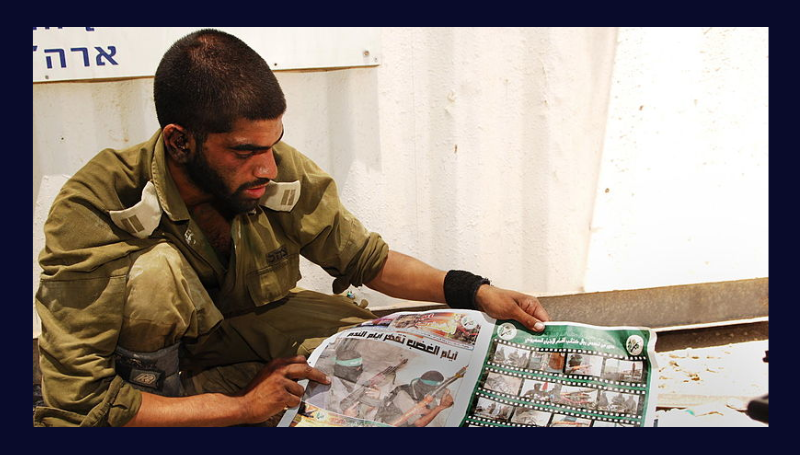Einat Wilf
Sapir Journal, Vol. 12, Winter 2024
“The words were inverted to keep the war alive, deprive the Jewish state of legitimacy, and maintain a constant question mark over the Jewish state’s very existence.”
Adi Schwartz and I had just exited another frustrating meeting with a smug European diplomat. Turning to an exasperated me, Adi — co-author of our book The War of Return: How Western Indulgence of the Palestinian Dream Has Obstructed the Path to Peace — offered an odd sort of comfort by pointing out that, at a minimum, we are trying to demolish an edifice of lies that was carefully constructed over seven decades. More likely, we are contending with lies that have been built up over centuries.
In 1892, Ahad Ha’am took “half solace” (as he termed his essay “Chatzi Nechama”) in the fact that the original blood libel — Jews using the blood of Gentiles for their ritual food and drink — was so clearly false. Why did the legendary journalist and cultural (as opposed to political) Zionist find comfort in this? Given that Jews know they cannot and will not drink blood, certainly not human blood, he believed they would thereby know, by extension, that it is indeed possible for the whole world to be wrong and for the Jews to be right.
That Jews should be confident in this knowledge was particularly important for Ahad Ha’am as he was deeply worried that, precisely because Jews were becoming more engaged with the outside society, they were far more susceptible to internalizing the litany of evils of which they were collectively accused — and to believe that they were indeed “the worst of the world’s nations.” He was especially appalled by the possibility that the evil “Jew of the imagination” would become the internalized Jewish understanding of what it meant to be a Jew.
. … [To read the full article, click here]


